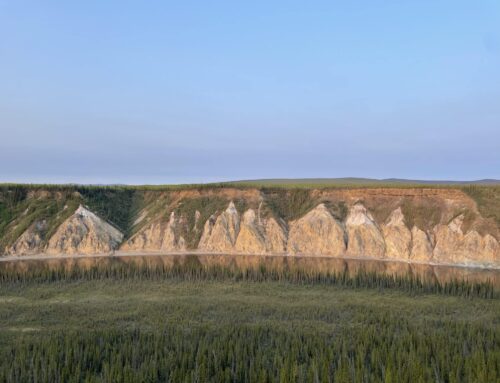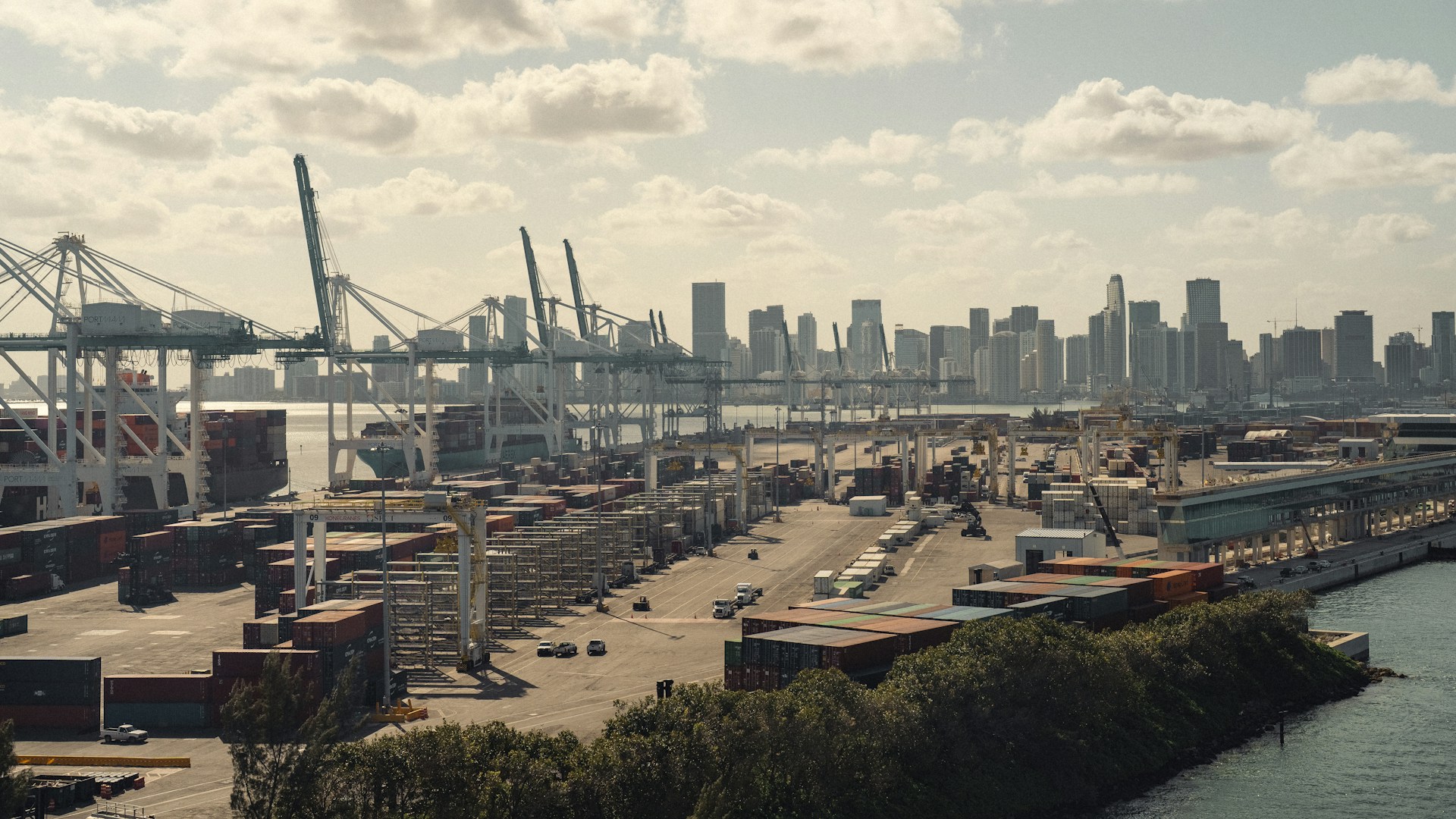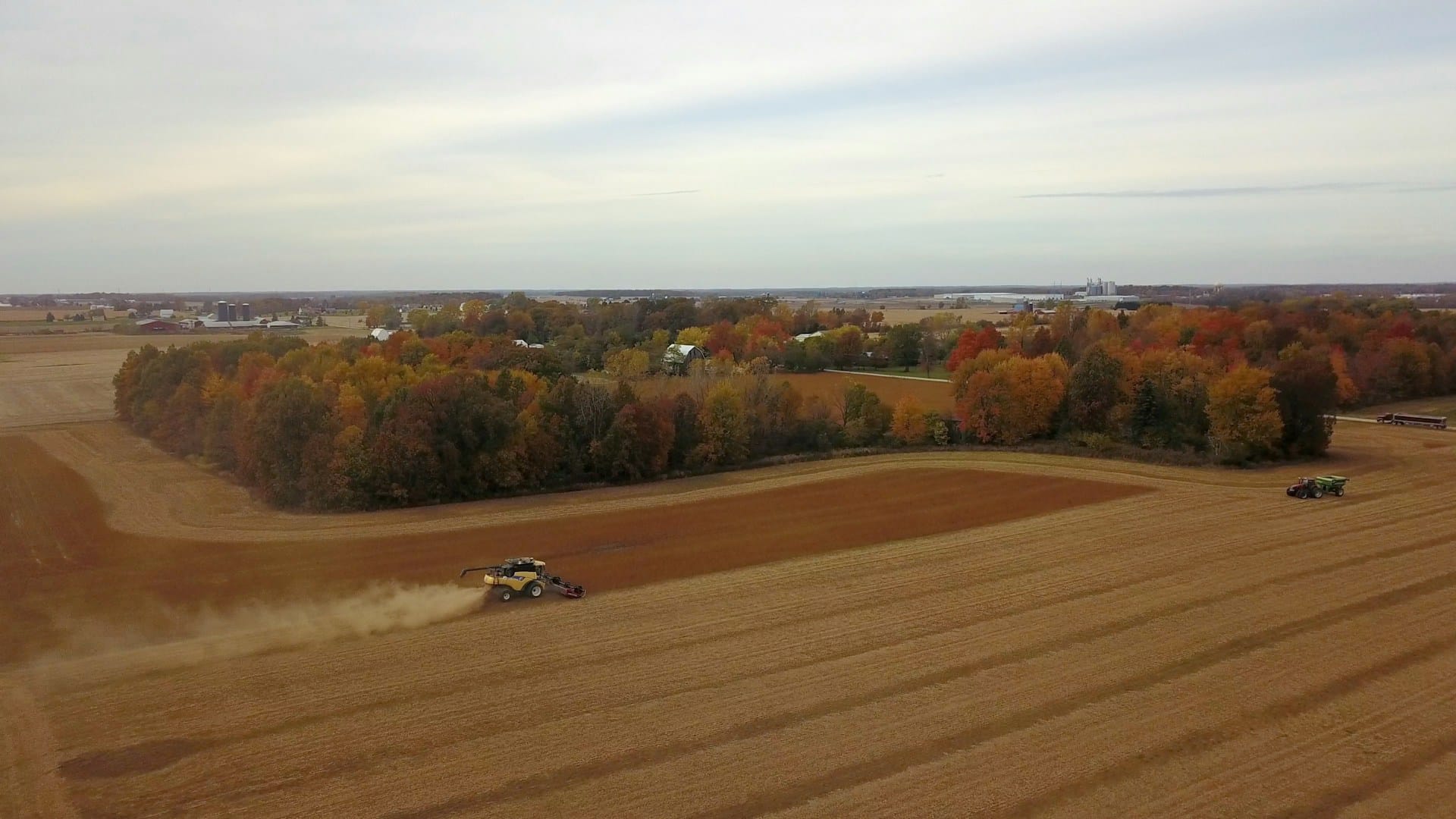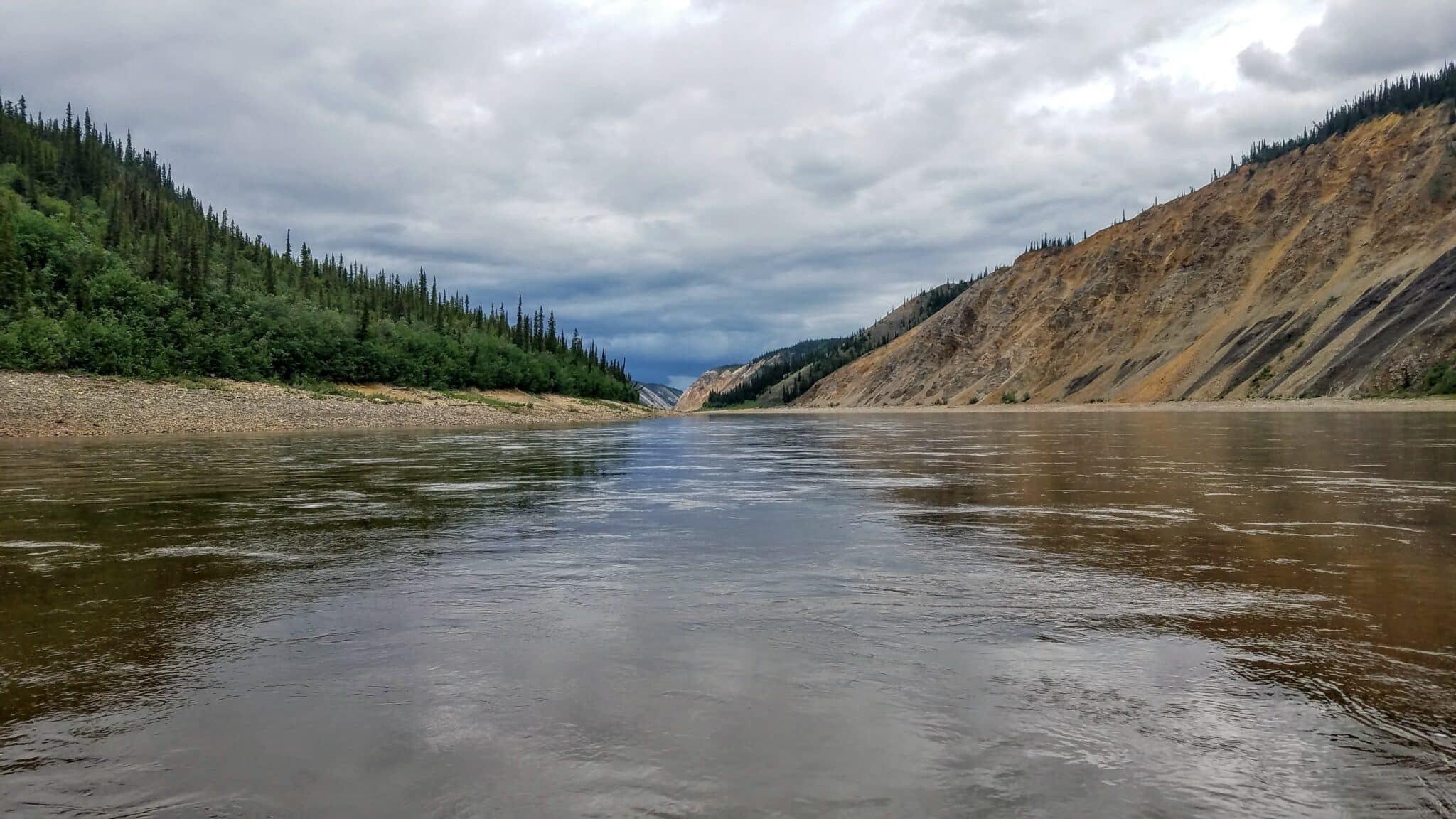I have written several columns over the years about the Arctic National Wildlife Refuge — a pristine area in Alaska that is home to the Gwich’in people and the Porcupine caribou, which provide much of the food and other items for this ancient people who have lived on that land for 30,000 years.
If President Joe Biden’s Build Back Better (BBB) bill passes, this column might be my last one on the Arctic Refuge. The current language in the BBB bill would protect the Arctic Refuge from the ravages of oil and gas drilling. It has passed the House of Representatives and is now before the U.S. Senate.
With more than 19 million acres, the Arctic National Wildlife Refuge is the crown jewel of the National Wildlife Refuge System. It is also one of the last intact landscapes in America. Established in 1960 to protect its extraordinary wildlife, wilderness and recreational qualities, the Arctic Refuge is a place where natural processes remain mostly uninfluenced by humans. Congress in 1980 expanded its designation and declared much of it to be wilderness.
For Alaska’s Gwich’in people, the Arctic Refuge is a critical part of both their community and their faith. Most Gwich’in are Episcopalians. The Gwich’in people rely heavily on their native land for their survival including on the Porcupine caribou as a primary source of food. More than 70 percent of their diet comes from caribou. Drilling in the refuge would jeopardize the survival of those caribou and the way of life for the Gwich’in.
In a study, the National Academy of Sciences concluded that oil development would harm wildlife and their habitats, especially the Porcupine caribou herd in the Arctic Refuge. With the threats of oil development in their calving grounds, it is virtually certain that the size of the herd would be diminished, effectively ending the Gwich’in way of life.
I was pleased that last year Sen. Susan Collins said, “I believe we can create an energy policy that will provide sufficient energy to meet the needs of today and of future generations without compromising America’s environmentally sensitive areas. With this in mind, I have opposed efforts to open areas like the Arctic National Wildlife Refuge and Georges Bank off the coast of Maine to drilling.”
Republicans have tried over the years to use the budget reconciliation process five times to open the Arctic Refuge to oil and gas exploration. After President Donald Trump proposed opening up the Arctic Refuge to drilling in 2017, the Republicans successfully allowed drilling through the 2017 Tax Cut and Jobs Act, which resulted in the creation of the refuge’s drilling program anoild two mandated lease sales — the first in 2020 and the second in 2024.
On Jan. 6, 2021, the Trump administration held the first lease sale for tracts on the 1.5 million-acre coastal plain of the Arctic Refuge, and the results were surprising. No major oil companies showed up to bid and only nine tracts were sold out of 22 offered. The sale generated only 1 percent of projected revenue, according to the government watchdog Taxpayers for Common Sense.
The BBB would rescind those lease sales and would protect the uniqueness and beauty of the Arctic Refuge. Repealing the mandate to lease in the Arctic Refuge through the current budget reconciliation process is the most important action Congress can take right now to ensure that the rights, culture and sacred lands of the Gwich’in remain intact.
I would like the BBB to pass so that this would be my last column on the Arctic National Wildlife Refuge for the Bangor Daily News. But even more, I would like the refuge to be protected from the incursion of oil and gas drilling, so that the Gwich’in can continue to survive for years to come.
The Build Back Better bill is a good legislative vehicle — and our best chance — to restore protections for the Arctic Refuge.











Get Social